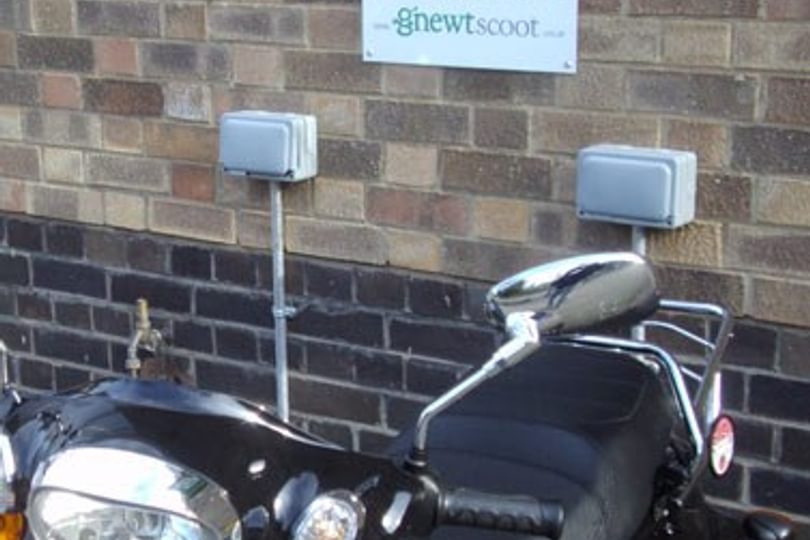
A three month trial by ICERT (Institute for Carbon and Energy Reduction in Transport) designed to look at the effectiveness of electric vehicles has come to an end.
Working alongside the Gnewt Scoot Electric Scooter Company, staff have now generated enough data for the Institute to begin to model usage, types and impacts of electric vehicles and to help them understand how real people interact with the new technology.
Between April and July this year, Oxford University staff and members of the public in Oxford have been trialling electric scooters whilst scientists from ICERT examined the true performance of the bikes. This was done by placing GPS and electricity metering devices in a fleet of electric scooters that were deployed across the city.
A vast amount of data was collected, which is currently being assessed to determine the electricity and power use of each bike per kilometre under different conditions. The data has also allowed accurate calculation of CO2 emissions attributable to the scooters. Further work is being done on travel behaviour and implications for larger scale deployment on infrastructure.
Moving forward, staff at ICERT hope to be able to collect more information on the new range of bikes Gnewt Scoot is offering. Dr Malcolm McCulloch, Director of ICERT said about the trial:
“Although this is a relatively small targeted trial, it will enable understanding of how real people interact with the new technology. Technological advances must be made with a thorough understanding of travel behaviour, so that appropriate policies and infrastructure can be developed effectively. This trial has helped develop proof of concept for this method of electric vehicle application, with charging stations at the place of work, comfortably supporting commuter and work related travel."
In the future, ICERT aims to be able to collect more data to help test different battery types and the latest electric vehicle technology, such as regenerative braking.
We will be publishing the results of the trial here in our website in the coming months.
Related Links and Resources
- Oxford Electric Scooter Trial (11th February 2010)
- Images
- GnewtScoot
- Institute for Carbon and Energy Reduction in Transport